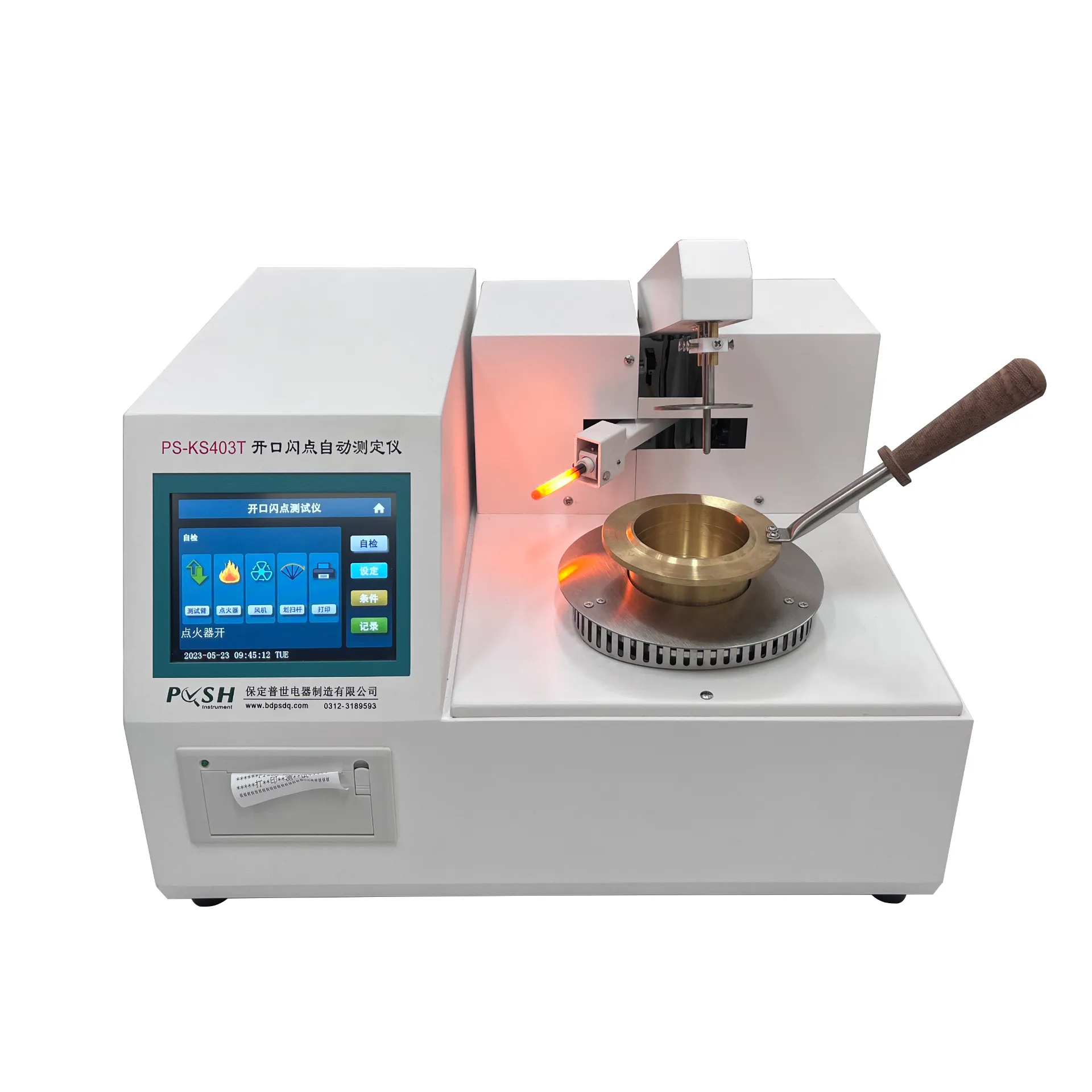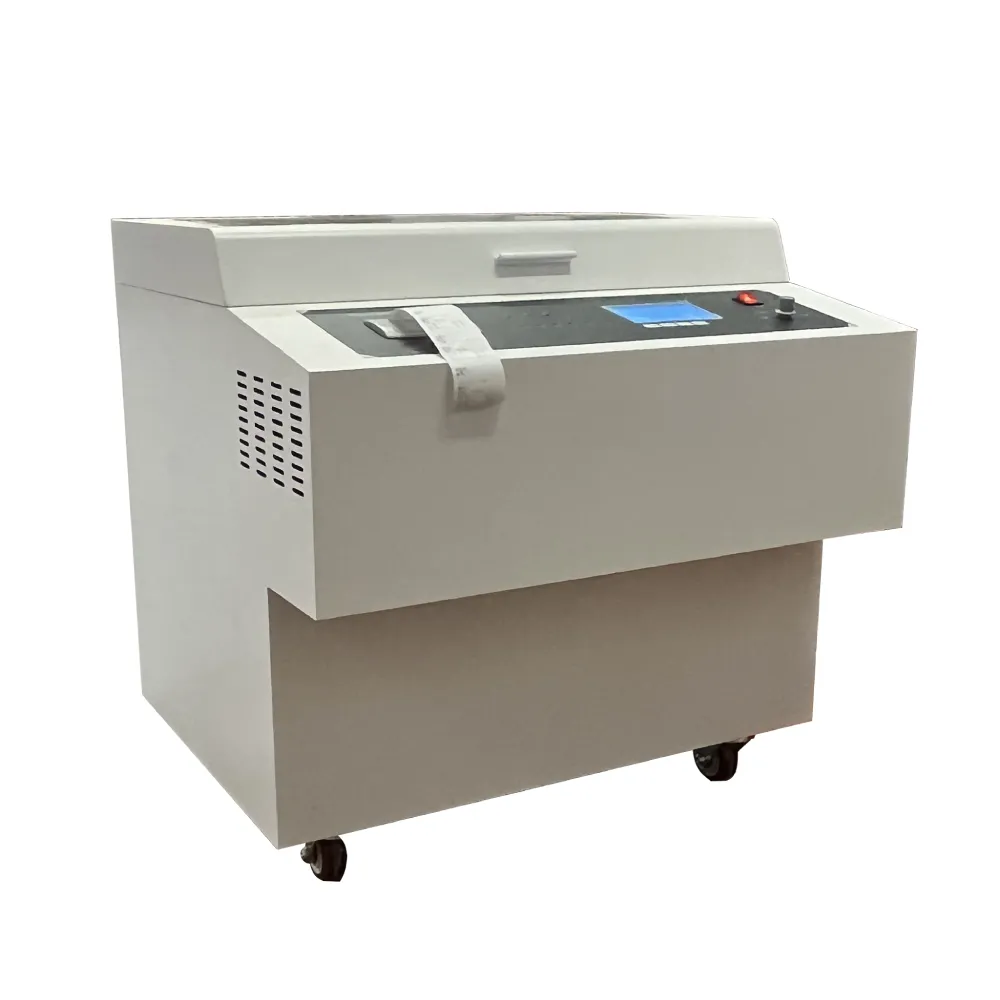TEL:
+86-0312-3189593
 English
English

Telephone:0312-3189593

Email:sales@oil-tester.com

-
 Afrikaans
Afrikaans -
 Albanian
Albanian -
 Amharic
Amharic -
 Arabic
Arabic -
 Armenian
Armenian -
 Azerbaijani
Azerbaijani -
 Basque
Basque -
 Belarusian
Belarusian -
 Bengali
Bengali -
 Bosnian
Bosnian -
 Bulgarian
Bulgarian -
 Catalan
Catalan -
 Cebuano
Cebuano -
 China
China -
 China (Taiwan)
China (Taiwan) -
 Corsican
Corsican -
 Croatian
Croatian -
 Czech
Czech -
 Danish
Danish -
 Dutch
Dutch -
 English
English -
 Esperanto
Esperanto -
 Estonian
Estonian -
 Finnish
Finnish -
 French
French -
 Frisian
Frisian -
 Galician
Galician -
 Georgian
Georgian -
 German
German -
 Greek
Greek -
 Gujarati
Gujarati -
 Haitian Creole
Haitian Creole -
 hausa
hausa -
 hawaiian
hawaiian -
 Hebrew
Hebrew -
 Hindi
Hindi -
 Miao
Miao -
 Hungarian
Hungarian -
 Icelandic
Icelandic -
 igbo
igbo -
 Indonesian
Indonesian -
 irish
irish -
 Italian
Italian -
 Japanese
Japanese -
 Javanese
Javanese -
 Kannada
Kannada -
 kazakh
kazakh -
 Khmer
Khmer -
 Rwandese
Rwandese -
 Korean
Korean -
 Kurdish
Kurdish -
 Kyrgyz
Kyrgyz -
 Lao
Lao -
 Latin
Latin -
 Latvian
Latvian -
 Lithuanian
Lithuanian -
 Luxembourgish
Luxembourgish -
 Macedonian
Macedonian -
 Malgashi
Malgashi -
 Malay
Malay -
 Malayalam
Malayalam -
 Maltese
Maltese -
 Maori
Maori -
 Marathi
Marathi -
 Mongolian
Mongolian -
 Myanmar
Myanmar -
 Nepali
Nepali -
 Norwegian
Norwegian -
 Norwegian
Norwegian -
 Occitan
Occitan -
 Pashto
Pashto -
 Persian
Persian -
 Polish
Polish -
 Portuguese
Portuguese -
 Punjabi
Punjabi -
 Romanian
Romanian -
 Russian
Russian -
 Samoan
Samoan -
 Scottish Gaelic
Scottish Gaelic -
 Serbian
Serbian -
 Sesotho
Sesotho -
 Shona
Shona -
 Sindhi
Sindhi -
 Sinhala
Sinhala -
 Slovak
Slovak -
 Slovenian
Slovenian -
 Somali
Somali -
 Spanish
Spanish -
 Sundanese
Sundanese -
 Swahili
Swahili -
 Swedish
Swedish -
 Tagalog
Tagalog -
 Tajik
Tajik -
 Tamil
Tamil -
 Tatar
Tatar -
 Telugu
Telugu -
 Thai
Thai -
 Turkish
Turkish -
 Turkmen
Turkmen -
 Ukrainian
Ukrainian -
 Urdu
Urdu -
 Uighur
Uighur -
 Uzbek
Uzbek -
 Vietnamese
Vietnamese -
 Welsh
Welsh -
 Bantu
Bantu -
 Yiddish
Yiddish -
 Yoruba
Yoruba -
 Zulu
Zulu
کانوونی دووەم . 10, 2025 09:37
Back to list
PS-YN1301 Kinematic Viscosity Tester
The realm of oil viscosity measuring instruments is critical for ensuring optimal performance of machinery and engines that rely on lubricants. Viscosity, a measure of a fluid's resistance to flow, directly affects the efficiency and safety of numerous industrial applications. The role of these instruments cannot be understated, as they provide vital data needed for maintaining the fluid health of mechanical systems.
Trustworthiness is further reinforced through rigorous compliance with international standards. Established markers such as ASTM, ISO, and IP certifications serve as benchmarks for quality and integrity in viscosity measurement. Users can trust that certified instruments adhere to stringent guidelines, thereby supporting confidence in the instrument's results. Additionally, manufacturers often provide comprehensive support services, encompassing routine maintenance and troubleshooting to ensure long-term functionality and safety. Incorporating an oil viscosity measuring instrument into a company's operational framework signifies a commitment to precision and efficiency. It underscores a proactive approach to machine health and longevity, mitigating potential risks associated with lubricant failure. As industries continually evolve, adopting cutting-edge viscosity measurement solutions promises not only enhanced performance but a durable edge over competition. Equipped with real-time data and comprehensive analysis, businesses can make informed decisions, optimizing operations while ensuring sustainability and cost-effectiveness. In conclusion, the adoption of superior oil viscosity measuring instruments is indispensable for industries reliant on lubricant-dependent machinery. These devices, reflecting experience, expertise, authority, and trustworthiness, provide invaluable support to maintaining optimal operational standards, contributing significantly to a company's efficiency and sustainability.


Trustworthiness is further reinforced through rigorous compliance with international standards. Established markers such as ASTM, ISO, and IP certifications serve as benchmarks for quality and integrity in viscosity measurement. Users can trust that certified instruments adhere to stringent guidelines, thereby supporting confidence in the instrument's results. Additionally, manufacturers often provide comprehensive support services, encompassing routine maintenance and troubleshooting to ensure long-term functionality and safety. Incorporating an oil viscosity measuring instrument into a company's operational framework signifies a commitment to precision and efficiency. It underscores a proactive approach to machine health and longevity, mitigating potential risks associated with lubricant failure. As industries continually evolve, adopting cutting-edge viscosity measurement solutions promises not only enhanced performance but a durable edge over competition. Equipped with real-time data and comprehensive analysis, businesses can make informed decisions, optimizing operations while ensuring sustainability and cost-effectiveness. In conclusion, the adoption of superior oil viscosity measuring instruments is indispensable for industries reliant on lubricant-dependent machinery. These devices, reflecting experience, expertise, authority, and trustworthiness, provide invaluable support to maintaining optimal operational standards, contributing significantly to a company's efficiency and sustainability.
Latest news
-
Using Distillation Range Testers in the Food and Beverage IndustryNewsApr.16,2025
-
The Impact of IoT on Distillation Range Tester PerformanceNewsApr.16,2025
-
The Best Distillation Range Testers for Extreme ConditionsNewsApr.16,2025
-
How Distillation Range Testers Save Time and MoneyNewsApr.16,2025
-
Distillation Devices for Advanced Separation TechniquesNewsApr.16,2025
-
Common Mistakes to Avoid When Using a Distillation Range TesterNewsApr.16,2025



